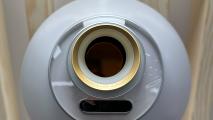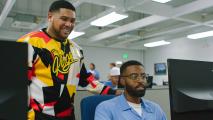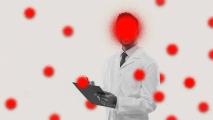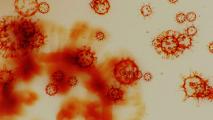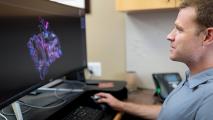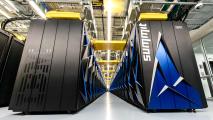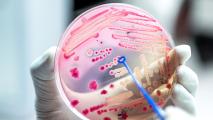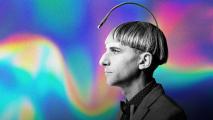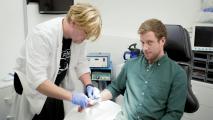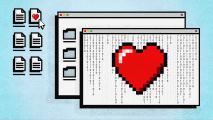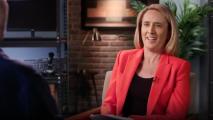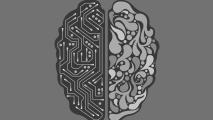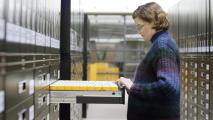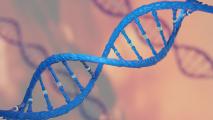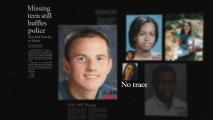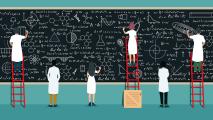
The Digital Frontier
30 years ago, the Internet opened up a new frontier, and today we’re all citizens of a digital Wild West, where how we live, work and govern is changing everyday.
More
Series|
Catalysts
Learning to code in prison
This progressive organization is on a mission to break the cycle of recidivism, using coding. Incarcerated individuals can now spend their sentences acquiring marketable skills.
Genetic evidence debunks coronavirus conspiracy theories, scientists say
A team of researchers analyzed the COVID-19 coronavirus. Their findings debunk the conspiracy theory that the virus was lab-made.
Misinformation is as contagious as coronavirus
Fighting misinformation is now a crucial aspect of responding to disease, and health information expert Adrienne Holz Ivory explains why.
How deadly is the coronavirus? The numbers may not mean what you think.
Your guide to understanding the confusing and contradictory coronavirus fatality rates.
Our spare computer is helping fight coronavirus. yours can, too.
Help fight the coronavirus by donating your spare computing power to Folding@home, which will use it to run valuable protein-folding simulations.
World’s fastest supercomputer finds 77 drug candidates that could help battle COVID-19
The Summit supercomputer made quick work of complicated simulations to identify 77 compounds that could be promising COVID-19 treatments.
AI helps scientists discover powerful new antibiotic
Using a computer model powered by artificial intelligence, researchers at MIT have identified several promising candidates for powerful new antibiotics.
Series|
Biohackers
The cyborg artist who hears color
Neil Harbisson was born colorblind. Now he has an antenna implant in his skill to hear color and create beautiful works of art.
Biohacker’s prosthetic arm lets him play a synthesizer with his mind
Biohacker Bertolt Meyer has built the SynLimb, a controller that attaches to his prosthetic arm, allowing him to control his modular synthesizer with his mind.
Series|
Biohackers
I got a chip implanted in a biohacking garage
Hacker surgeons like Jeffrey Tibbetts implant everything from compasses to wireless routers. Freethink’s own Chase Pipkin decided to try it out.
We’re one step closer to a super-secure quantum internet
Scientists have successfully entangled photons across a 52-mile-long quantum loop in Chicago, a major milestone along the path to a quantum Internet.
Hacking the Tinder algorithm to find love
Dating apps are really good at introducing you to lots of people, but they might not be the best way to find a lifelong partner. Can we decode our data to get better results?
The mission to reunite homeless with their families
Volunteer digital detectives are helping homeless people reunite with their families.
Getting aerial ridesharing off the ground
It’s been the ultimate futuristic dream for decades: flying cars! But now, the future finally has a deadline. At least to start, it will land in the form of a small air taxi operated by Uber, not something you’ll park in your garage.
How to spot a deepfake
Is artificial intelligence the key to knowing what’s real?
How the technology behind deepfakes can help us create a better world
Deepfakes have ignited fierce media criticism and call into question the public’s ability to discern fact from…
Keeper of the missing
One woman is tracking thousands of missing people. Autism is her superpower.
Why did measles explode in 2019?
Humanity is locked in an arms race with diseases: we update our vaccines, and diseases evolve new ways to try to…
Hackers find missing people for fun
This search and rescue expert discovered that many missing people had nobody looking for them. Then he had an idea: what if hackers made a game out of finding missing people through the internet?
How science is learning to admit mistakes
A shocking amount of scientific studies can’t be reproduced. Do we need to change the culture of science?
Get inspired with the most innovative stories shaping the world around us.


